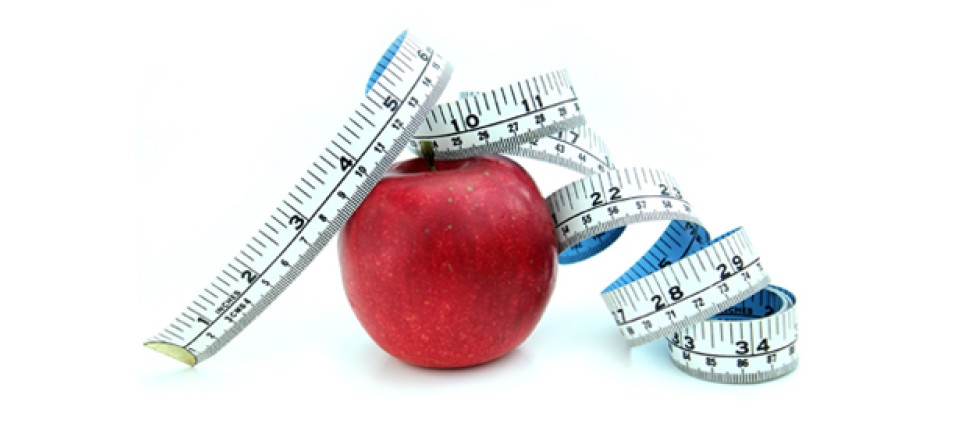Living the Journey to Healthy Weight

Aruni Nan Futuronsky and Annie B. Kay, who coteach the Kripalu Signature program The Kripalu Approach to Healthy Weight, know only too well the restrictiveness of dieting, the joy of dropping unwanted pounds, and the discouragement that accompanies their inevitable return. They know the journey intimately because they have traveled it themselves—and have found a better way.
“Weight became an issue in my high school years,” says Annie, Kripalu’s Lead Nutritionist. She struggled with excess pounds, emotional eating, and body image throughout high school and college. “Junky food—cokes, burgers—were part of being social, and eating was everywhere,” she recalls, “but I was also admiring women who were thin—that was a strong beauty ideal.”
Her wake-up call came when her kindhearted mother, a great cook, began to cry because she was so distressed by Annie’s weight and eating issues. “She had no idea what was going on, but she knew it wasn’t good,” Annie says.
Aruni, a longtime Kripalu faculty member, struggled for years with an addictive attitude of wanting more—“more of everything,” she says. For her, losing weight wasn’t the challenge. “I was a ‘healthy’ faster,” she says. “I did juice fasts, water fasts, lemon juice fasts—you name it. I loved the altered states they brought me. But, once the fast ended, the weight came back on.”
The downside of dieting, according to Aruni, is that it comes with a built-in beginning, middle, and end. “It’s separate from our lives,” she says. “It’s something we take on, do, and complete. It’s not part of our lives in an integrated way.”
Aruni was finally forced to confront her food and weight struggles when she became ill. “Then I had to listen to my body in new and different ways,” she says, “and learn how to attend to my diet from the inside out, rather than the outside in.”
For Aruni, that means focusing on health and balance, rather than size and weight. “When we focus on health,” she explains, “the brilliance of the body emerges. As we reconnect to our body, its signals reemerge—signals that tell us when we’re full, when to end the day, and so on. Our bodies know how to lose weight and land at our perfect weight. It’s our minds that muck up the situation.”
Similarly, Annie found that losing weight through an integrative approach doesn’t center around numbers on a scale or calories consumed. “Energy balances matters,” she says, “and so does having fun. I get outside and move, whether it’s walking, gardening, skiing with my husband, or catching a yoga class. That’s the center of natural weight for me. When I’m moving and doing my morning meditation practice, I just want healthier food. Everything is in balance and it’s easeful—I don’t have to push, strain, restrict, or deprive. It’s more about treating myself fabulously well.”
Aruni says the real question to ask is, “What imbalance am I attempting to quiet through eating?” The answer might be more creative expression, more love, or more downtime. Regardless, she says, dieting is not just about modifying behavior, but about transforming the core issues that cause us to act out through overeating.
According to these longtime weight-loss experts, the two pillars of integrative weight loss are mindfulness (witnessing oneself without judgment) and the right use of will. “Together they create transformation,” Aruni says. “It’s important to view weight loss as a mindful journey and be willing to be imperfect. In the end, it really is about practicing progress, not perfection.”
